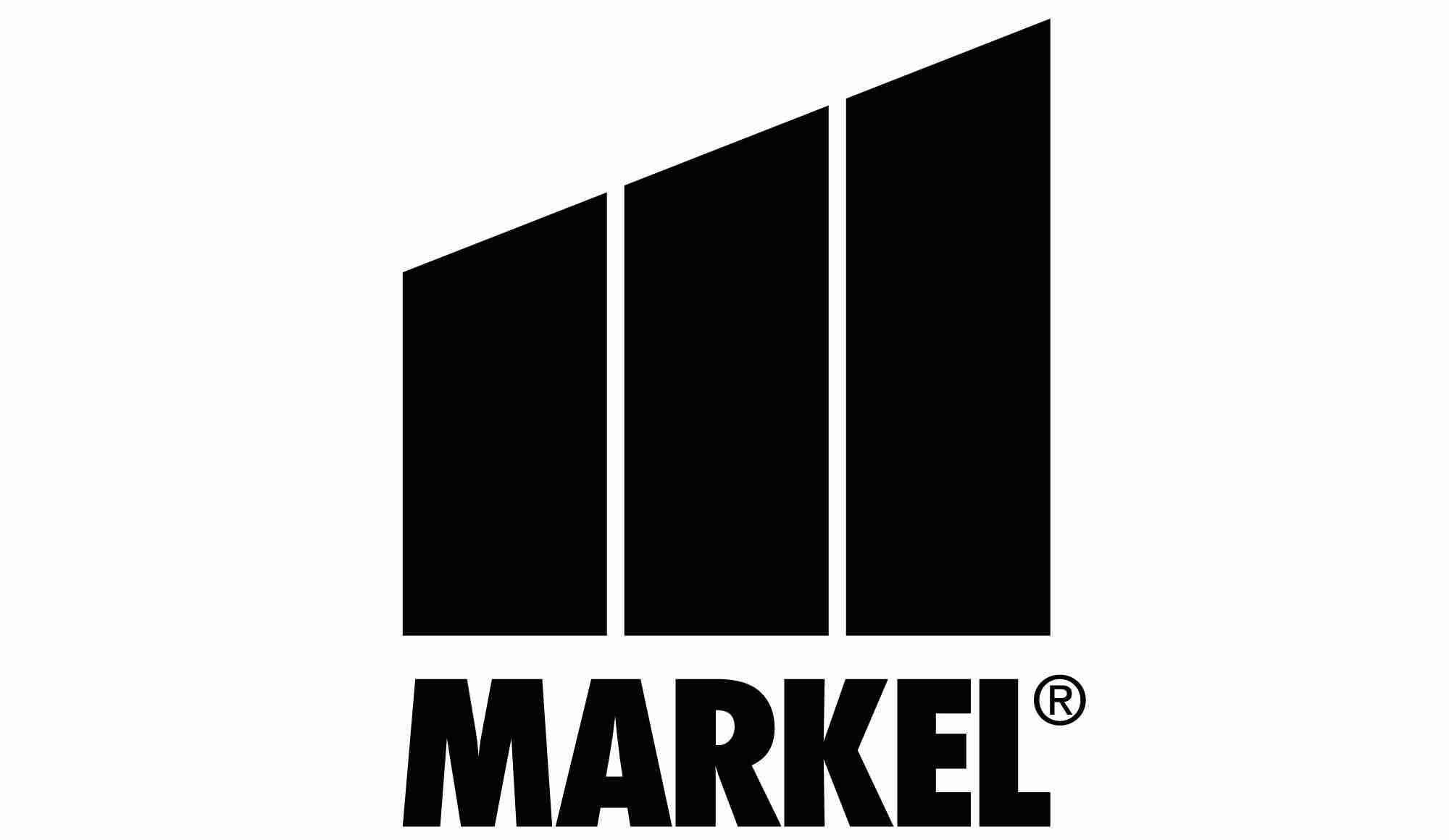Financial holding company Markel Corporation has reported a $1 billion drop in its net income for 2020, which stood at $797.6 million at the end of the year, versus $1.790 billion in 2019.
 The difference is almost entirely attributable to a corresponding $1 billion drop in net investment gains, which totaled $618.0 million in 2020, down from $1.602 billion previously.
The difference is almost entirely attributable to a corresponding $1 billion drop in net investment gains, which totaled $618.0 million in 2020, down from $1.602 billion previously.
However, Markel’s results did recover significantly in the Q4 period, with net income of $828.9 million offsetting a loss for the earlier nine-month period.
Income was also higher than the $511.1 million reported in Q4 2019, with investment gains similarly climbing to $848.9 million from $531.7 previously.
Markel reported a 55% drop in underwriting profit over 2020, which came to $127.6 million, while its combined ratio deteriorated from 94% in 2019 to 98% last year.
The combined ratio for 2020 included $360.4 million, or six points, of underwriting loss attributed to COVID-19 and $168.9 million, or three points, due to natural catastrophes.
COVID-19 mainly affected business written within Markels’ international insurance operations, particularly coverages for event cancellation and business interruption losses.
Catastrophe losses mostly stemmed from Hurricanes Isaias, Laura, Sally, Delta and Zeta, as well as wildfires in the western U.S. and the derecho in Iowa.
The combined ratio for Markel’s Reinsurance segment was 104% in both 2020 and 2019. In 2020, the Reinsurance segment combined ratio included seven points for underwriting losses attributed to COVID-19.
It also included five points for underwriting losses on 2020 catastrophes, compared to 10 points for underwriting losses on the 2019 catastrophes.
Additionally, favourable development of $51.8 million on prior year loss reserves was reflected in the 2020 combined ratio, down from $64.8 million in 2019 due to more adverse development on our public entity product lines in 2020, as well as less favorable development on the whole account product line.
The Insurance segment, meanwhile, reported a combined ratio of 96% in 2020 and 93% in 2019, with the increase again attributed to COVID losses and higher catastrophe costs.
Markel’s gross premium volume increased 11% in 2020, mainly due to a 13% increase in the Insurance segment, driven by new business and more favorable rates within professional liability, general liability, personal lines and marine and energy product lines.
Gross premium volume in our Reinsurance segment increased by 2%, driven by higher gross premiums within professional liability and general liability product lines, partially offset by lower gross premiums within our credit and surety product lines.
However, the net retention of premiums decreased slightly to 83% due to a new quota share agreement.
Markel also decided to discontinue writing catastrophe-exposed property reinsurance from January 1, with any such business now written directly by, or ceded to, Markel’s ILS arm, Nephila.
“Our insurance operations delivered an underwriting profit for 2020 in the face of significant losses attributable to the global pandemic and the unusually high number of natural catastrophes as we benefited from capturing meaningful rate increases and new business in targeted growth areas globally, while exercising strong expense discipline,” said Thomas S. Gayner and Richard R. Whitt, Co-Chief Executive Officers.
“Encouragingly, for the fourth quarter, we reported an 89% combined ratio, which included four points of pandemic and catastrophe-related losses. Markel Ventures also saw strong top and bottom line performance amid challenging economic conditions and we achieved solid investment returns despite volatile market conditions and historically low interest rates.”
“Markel enters 2021 well positioned to continue the momentum of our excellent fourth quarter,” Gayner and Whitt continued. “We believe our financial performance is most meaningfully measured over longer periods of time, which tends to mitigate the effects of short-term volatility and also aligns with the longer-term perspective we apply to operating our businesses.”


